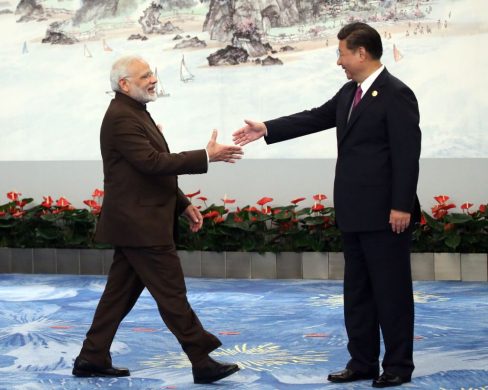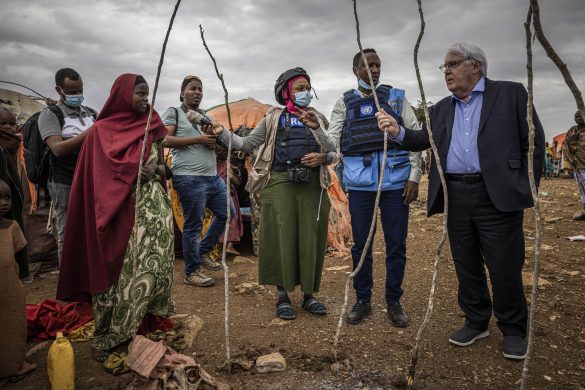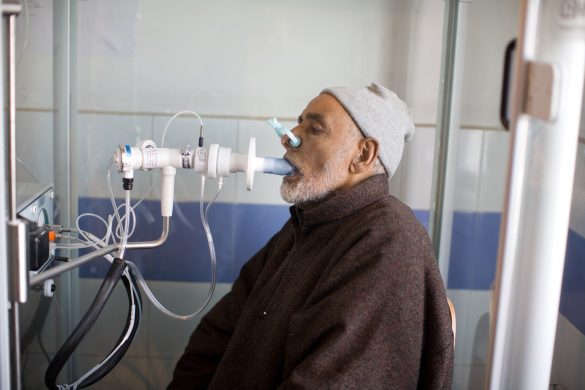Det er især mænd, der lokkes med guld og grønne skove, men kommer til at trælle på fiskerbåde ude på havet
PHNOM PENH, 29 August 2011 (IRIN): Taing Ky and his cousin were told they would be gardeners in Thailand, but instead they were forced to work on Thai fishing boats.
Each year, hundreds of Cambodian men, many impoverished farmers, are lured from their homes with the promise of better-paying jobs in Thailand, only to find themselves on Thai fishing boats plying the waters of the South China Sea.
– We were told we would earn good money, Taing Ky, 37, a father-of-five from Cambodia’s Kampot Province, about 200 km southwest of the capital, Phnom Penh, told IRIN.
After six months, they managed to escape while the boat was offloading on Benjina island in northern Indonesia. There they were picked up by local authorities.
Thousands of Cambodian men are now believed to be working against their will in exploitative working conditions on long-haul trawlers well beyond the reach of law enforcement agencies, and often alongside Burmese men.
– It is slavery. There is no other way to describe it, Lim Tith, national project coordinator for the UN Inter-Agency Project on Human Trafficking (UNIAP), told IRIN.
Thousands exploited
According to the International Labour Organization (ILO), about 125.000 Cambodians are registered as working legally in Thailand, including more than 25.000 in the fishing sector.
But with formal migration costs becoming prohibitive and limited economic opportunities for Cambodians at home, it is widely believed the number of undocumented Cambodians in Thailand is significantly higher; many are trafficked.
Of the 89.096 Cambodians deported from Thailand in 2009 for illegal migration, more than 20.000 (23 percent) were reportedly trafficked, according to a 2010 UNIAP Human Trafficking Sentinel Surveillance.
And while about 31 percent of Cambodian fishermen deported from Thailand reported being trafficked, those on fishing boats far from Thai shores for up to a year at a time are more difficult to track and regularly drop off the radar.
– This is a big problem, but the cases we actually receive are really just the tip of the iceberg. The true number of men being trafficked in this manner is much higher, said Lim Tith.
In addition, the problem appears to be shifting from Malaysia to Indonesian waters, where more and more men are now being reported, 25 this year alone, he noted.
Traumatized
Læs videre på














